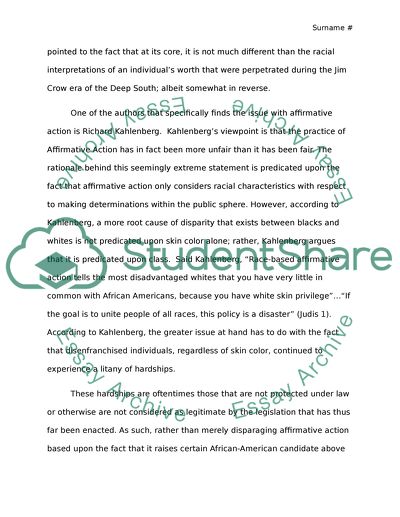Cite this document
(“Class,but not race Essay Example | Topics and Well Written Essays - 1250 words”, n.d.)
Class,but not race Essay Example | Topics and Well Written Essays - 1250 words. Retrieved from https://studentshare.org/philosophy/1640654-classbut-not-race
Class,but not race Essay Example | Topics and Well Written Essays - 1250 words. Retrieved from https://studentshare.org/philosophy/1640654-classbut-not-race
(Class,but Not Race Essay Example | Topics and Well Written Essays - 1250 Words)
Class,but Not Race Essay Example | Topics and Well Written Essays - 1250 Words. https://studentshare.org/philosophy/1640654-classbut-not-race.
Class,but Not Race Essay Example | Topics and Well Written Essays - 1250 Words. https://studentshare.org/philosophy/1640654-classbut-not-race.
“Class,but Not Race Essay Example | Topics and Well Written Essays - 1250 Words”, n.d. https://studentshare.org/philosophy/1640654-classbut-not-race.


